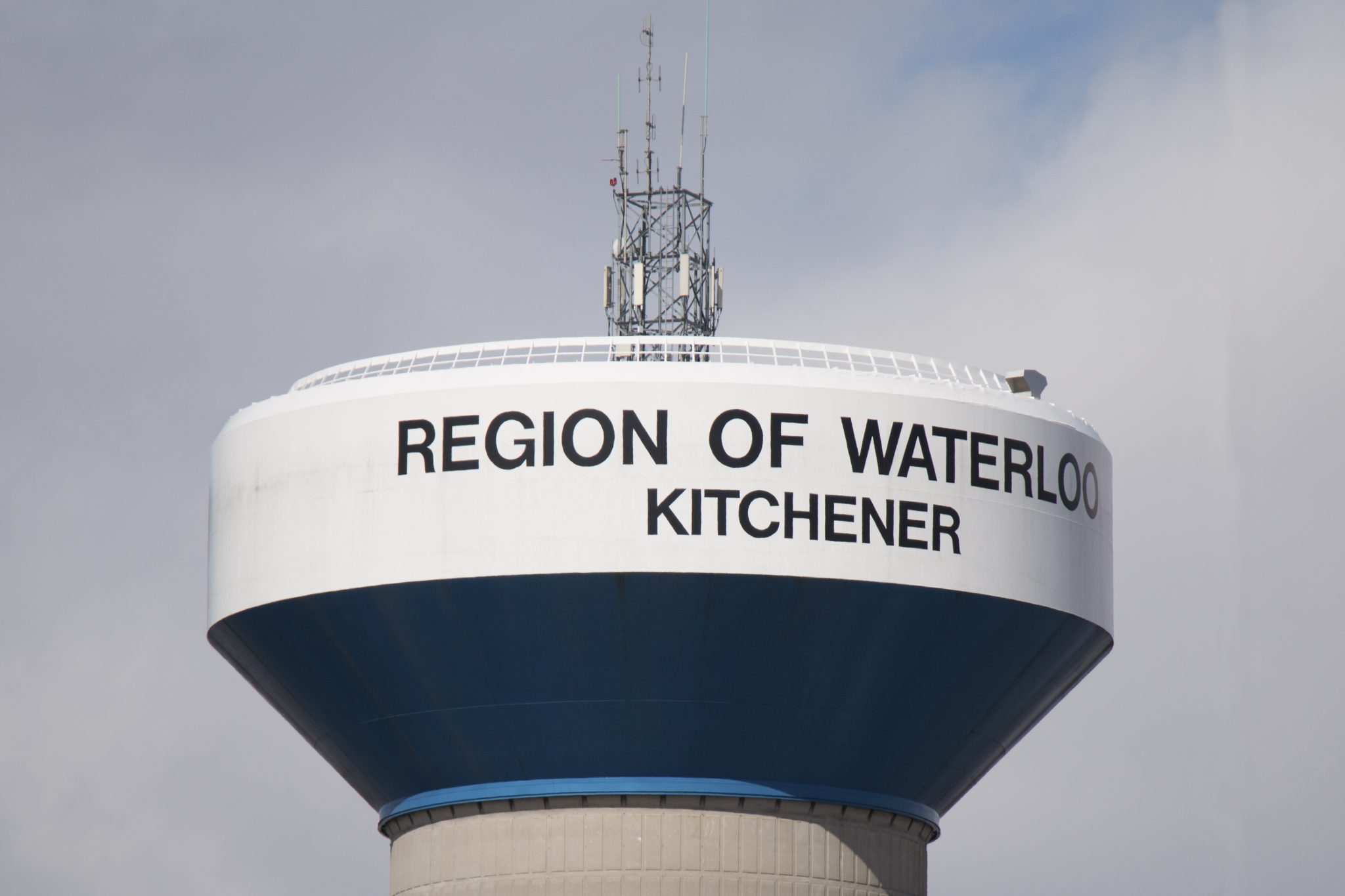Study shows that KW-Cambridge the least safe place for women to live


Kitchener, Waterloo and Cambridge have been named as one of the least safe metro areas for women in Canada, according to a study published this past month.
The recent study, published by the Canadian Centre for Policy Alternatives, was titled “The Best and Worst Places to be a Woman in Canada 2019.”
The publication ranked 26 metro areas across Canada, discussing various components pertaining to gender inequalities or differences in each of the areas.
Overall, Kitchener, Waterloo and Cambridge (KWC) ranked 17 amongst the 26 areas. However, KWC was ranked number 20 for economic security, number 22 for education and number three for leadership. For health and security, KWC was ranked last at number 26.
Nationally, 19 per cent of sexual assaults were unfounded in the period between 2010 to 2014. However, KWC’s unfounded rate was found at 27 per cent — much higher than the overall national average.
“The rates of sexual assault and intimate partner violence reported to the police in Kitchener-Waterloo-Cambridge were among the highest among large cities while the rate of criminal harassment targeting women was the highest,” the report read. “Overall, KWC placed 26th—or last—as a safe place for women to live in Canada.”
According to the study, in 2017, over 1300 individuals “were victims of intimate partner violence.”
Of those 1300, women made up 77.1 per cent. Additionally, women made up 95.6 per cent of sexual assault victims overall.
Nationally, 19 per cent of sexual assaults were unfounded in the period between 2010 to 2014. However, KWC’s unfounded rate was found at 27 per cent — much higher than the overall national average.
In terms of health, the study stated that life expectancy “in Kitchener-Waterloo-Cambridge is just above the Canadian average for men, and just below it for women.” Women living in KWC live to be an average of 83.7 years and men in KWC were said to live an expectancy of 80.3 years.
“The proportion of women and men reporting high stress fell over this period,” the study read. “In 2016, one in four women in KWC (26.4 per cent) reported high stress compared to one in six men (16.7 per cent). The gender gap widened by almost 15 percentage points.”
KWC ranked high in terms of leadership, with women making up 47 per cent of elected officials. Outside of politics, the study noted that, in 2017, women in management position made up 36.1 per cent, which is just above the national average set at 34.6 per cent.


